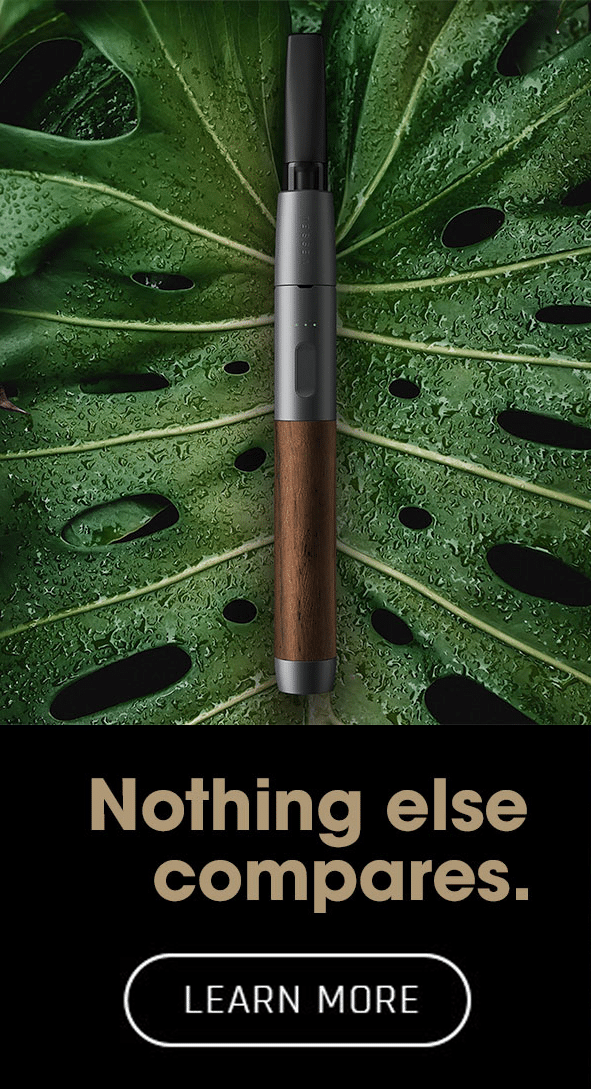
The Illinois Department of Public Health has taken its first steps in the four-year medical marijuana pilot program by releasing 48 pages of draft regulations that begin to outline how some of the strictest standards in the nation will work.
The following illnesses are considered debilitating conditions and persons suffering from these illnesses are able to become qualifying patients: cancer, glaucoma, positive status for human immunodeficiency virus (HIV), acquired immune deficiency syndrome (AIDS), hepatitis C, amyotrophic lateral sclerosis (ALS), Crohn’s disease, agitation of Alzheimer’s disease, cachexia/wasting syndrome, muscular dystrophy, severe fibromyalgia, spinal cord disease, including but not limited to arachnoiditis, Tarlov cysts, hydromyelia, syringomyelia, Rheumatoid arthritis (RA), fibrous dysplasia, spinal cord injury, traumatic brain injury (TBI) and post-concussion syndrome, Multiple Sclerosis, Arnold-Chiari malformation and Syringomelia, Spinocerebellar Ataxia (SCA), Parkinson’s disease, Tourette’s syndrome, Myoclonus, Dystonia, Reflex Sympathetic Dystrophy, RSD (Complex Regional Pain Syndromes Type I), Causalgia, CRPS (Complex Regional Pain Syndromes Type II), Neurofibromatosis, Chronic Inflammatory Demyelinating Polyneuropathy, Sjogren’s syndrome, Lupus, Interstitial Cystitis, Myasthenia Gravis, Hydrocephalus, nail-patella syndrome, residual limb pain.
In addition to these illnesses, a Medical Advisory Board will evaluate and potentially approve more illnesses to be added to this list in the future.
Under the proposal, patients would pay $150 a year to apply for a medical marijuana registry identification card. They also would pay $30-60 for their own fingerprinting for an Illinois State Police background check using a licensed vendor of an inkless electronic fingerprinting system. The Department may reduce registration and renewal card fee for patients receiving Social Security Disability Income by up to 50 percent.
Caregivers of qualified patients could also apply for a card for $125 a year. Caregivers with cards could obtain marijuana from a licensed dispensary on behalf of a patient.
Patients and their designated caregivers are able to submit applications beginning September 1 – for those with a last name beginning with letters A through L. Submissions will be open through October 31 for this group, and later if the Department so elects. The same procedure will then open November 1 through December 31 for those with the last name beginning with letters M through Z. The department anticipates potentially tens of thousands of applicants over time, and hopes this will manage the surge. The first applications will be paper, but online applications may be added in the future.
Patients can petition to get more medicine than the allowed 2.5 ounces over a 14-day period by applying for a waiver where a physician provides a substantial medical basis in a signed, written statement asserting that, based on the patient’s medical history, 2.5 ounces is an inadequate supply to properly alleviate the patient’s debilitating medical condition or symptoms.
Patients who currently seek medical care at a Veteran’s Administration facility have slightly looser regulations, allowing veterans to bypass the standard patient protocols and work directly with the VA hospital rather than requiring an established physician relationship. Per the rules, a qualifying patient who is a veteran who has received treatment at a VA hospital is deemed to have a bona fide physician-patient relationship with a VA physician if the patient has been seen for his or her debilitating condition at the VA hospital in accordance with VA hospital protocols.
These new regulations also include specific guidelines for infused products, such as labeling and inspection requirements. A cultivation center that prepares cannabis-infused products for sale or distribution at a dispensing organization shall be under the operational supervision of a certified food service sanitation manager. All items will be individually wrapped or packaged at the original point of preparation.
The packaging of the medical cannabis-infused product must conform to the labeling requirements of the Illinois Food, Drug and Cosmetic Act and include the following phrase: “This product was produced in a medical cannabis cultivation center, not subject to public health inspection, that may also process common food allergens.” Infused products are also subject to allergen labeling as specified in the Federal Food, Drug and Cosmetic Act, Federal Fair Packaging and Labeling Act, and the Illinois Food, Drug and Cosmetic Act. Any dispensary that sells edible cannabis-infused products must display a sign that states the following: “Edible cannabis-infused products were produced in a kitchen not subject to public health inspections that may also process common food allergens.”
But not all of the proposed regulations are being looked upon favorably. Perhaps the most controversial rule involves firearms, or the lack thereof. The state appears to be giving residents a choice – guns or cannabis – by prohibiting patients and caregivers from having a firearm owners identification card or a concealed carry permit. And an unusual regulation for the state of Illinois prohibits patients from knowingly smoking cannabis in close physical proximity to anyone under 18 years of age.
The department is opening an informal public comment period before submitting the proposal officially to the state when more comments will be accepted.
Rules for dispensaries and cultivation centers still are being drafted by other Illinois agencies.






